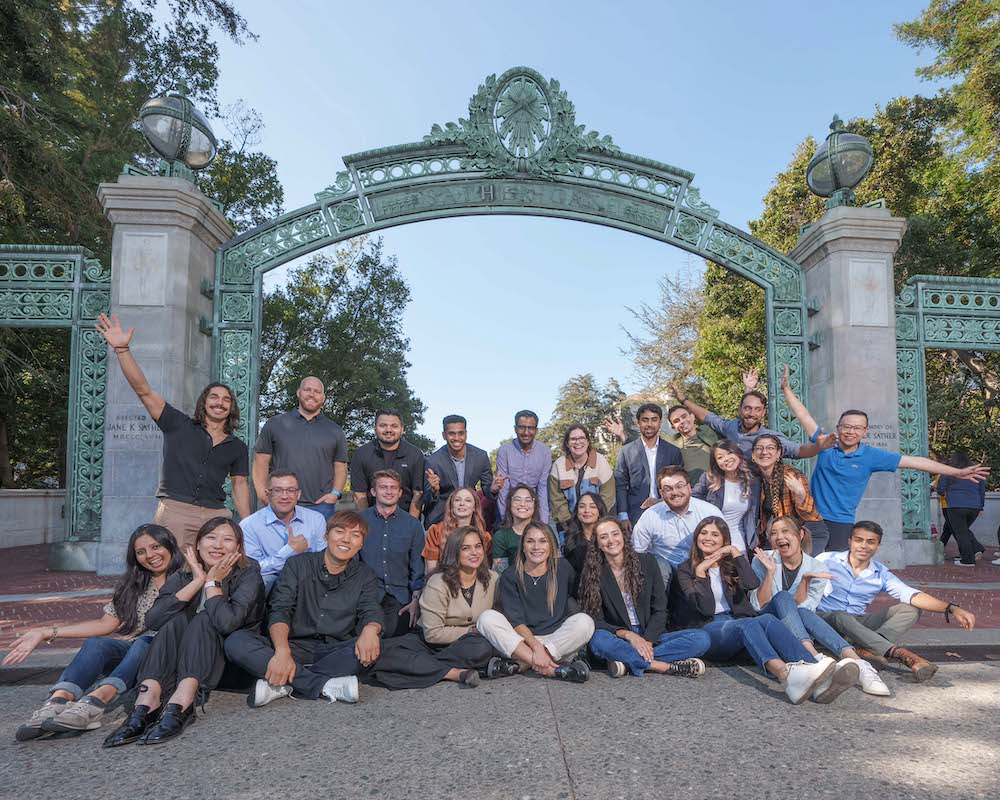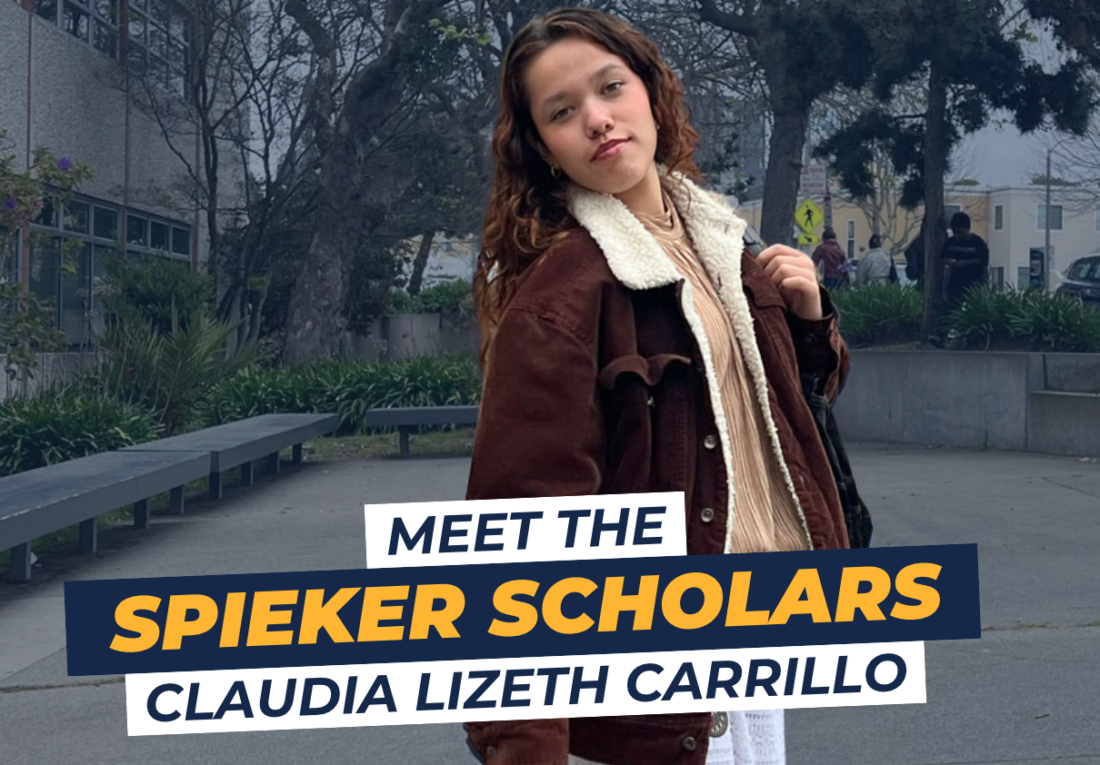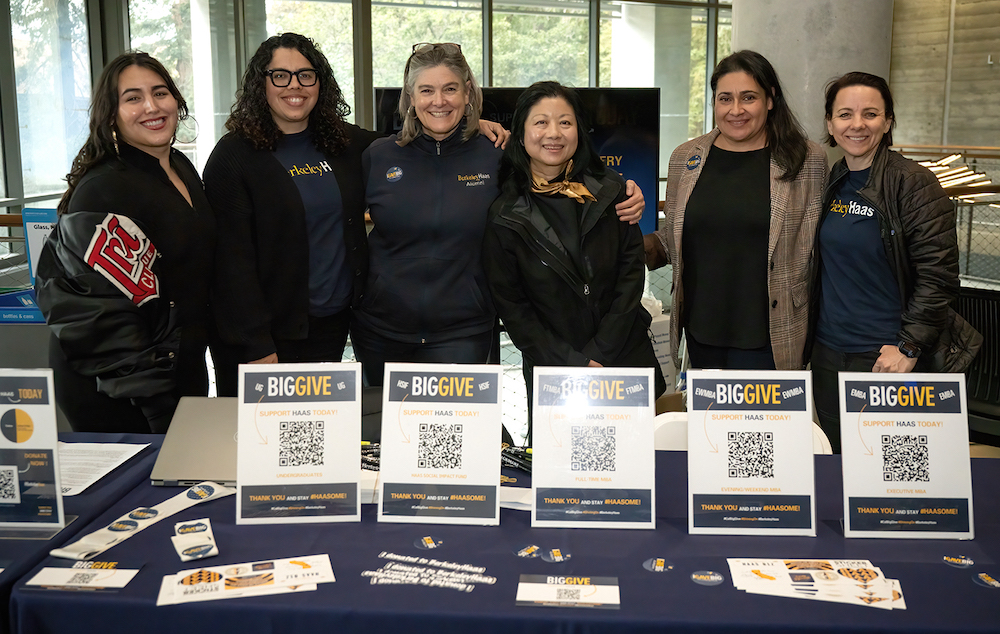Berkeley Haas Evening & Weekend MBA Program #1 in U.S. News 2025 Rankings
Speaking at the graduation ceremony of his alma mater, Carnegie Mellon, last month, Haas Professor Emeritus and Nobel Laureate Oliver Williamson emphasized the need for discipline, flexibility, and a strong work ethic.
"Big challenges await," Williamson told the newly minted master's and PhD graduates from Carnegie Mellon's Tepper School of Business. He advised them to "keep your antenna in alert mode," be adaptable, and take advantage of others' knowledge.
"Try this; try that. Discover your interests in the process," Williamson said. "And listen to capable people of goodwill who take an interest in your career."
Williamson, who won the Nobel Prize in Economic Sciences in 2009, also suggested that the graduates will be moving on to re-shape the world in the years ahead.
That was exactly what Williamson set out to do after earning his PhD from what was then known as Carnegie Mellon's Graduate School of Industrial Administration in 1963. He called his time at Carnegie Mellon "the most important intellectual experience in my life."
After earning his PhD from Carnegie Mellon, Williamson landed his first job in academia at Berkeley. But his request for tenure was denied. “It was presumptuous of me,” Williamson recalled later in CalBusiness magazine, chuckling at his early bid for tenure. “I mean, I’d only been here a year and three months.”
After teaching at the University of Pennsylvania and at Yale, Williamson was wooed back to Berkeley in 1988 with appointments in business, economics, and law, which appealed to his interdisciplinary tendencies. A pioneer in transaction cost economics, Williamson received the Nobel Prize on Dec. 10, 2009, in recognition of "his analysis of economic governance, especially the boundaries of the firm.
Posted in:



